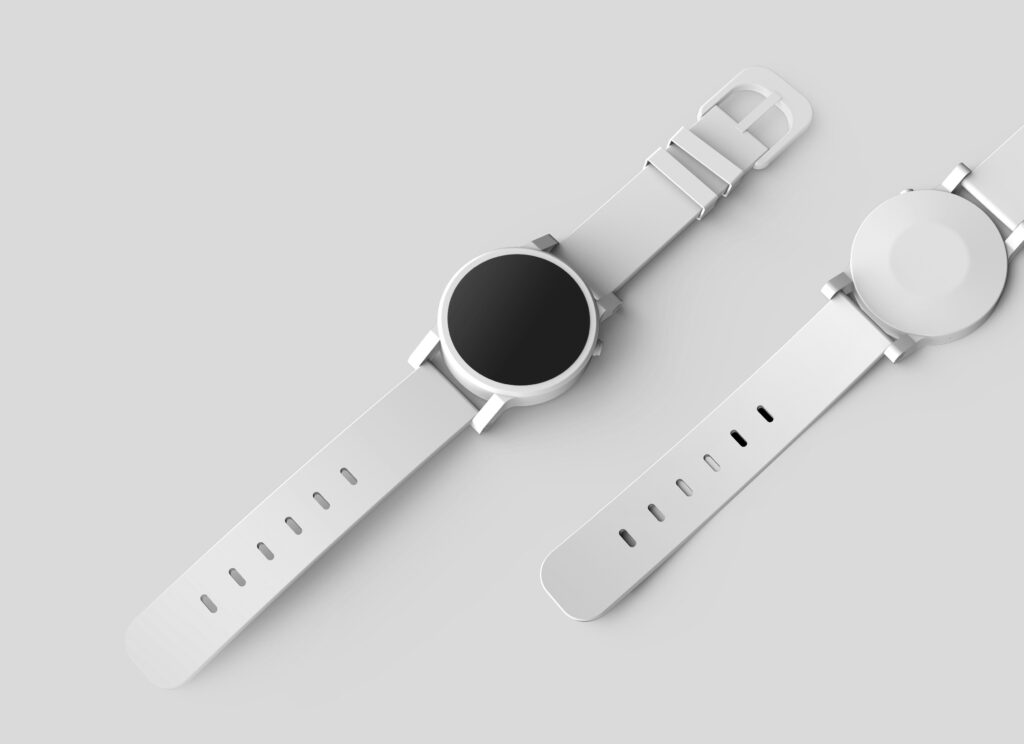How To Seek Justice When You’ve Been Exposed to a Defective Consumer Product
When a consumer purchases a product, they have the rightful expectation that the item will function as advertised and, more importantly, will be safe to use. However, when products fail to meet these basic criteria and lead to injury or other damages, you may find yourself in need of guidance through the complex legal avenues for seeking compensation. Grasping the intricacies of consumer rights and understanding how to navigate these situations is critical. Below, we delve into the essential steps and considerations that can help you seek justice if you’ve been affected by a defective consumer product.
Understanding Your Rights with Defective Consumer Products

As a consumer, you’re protected by laws that hold manufacturers, distributors, and retailers responsible when a defective product causes harm. Understanding key terms like warranties, negligence, and strict liability can help build a strong claim. Acting quickly is important because statutes of limitations vary by state, meaning there’s a limited time to file a lawsuit. Getting legal advice soon after an incident can protect your right to seek compensation.
The type of defect—whether design, manufacturing, or failure to warn—affects how your case is handled. Design defects involve flaws in the product’s blueprint, while manufacturing defects affect specific batches. Sometimes, if many people are harmed, a class action lawsuit through firms like Leading Justice can be a powerful way to pursue justice together and share legal resources.
Steps to Document and Report a Defective Product Incident
When dealing with a product defect, it’s crucial to document everything, including pictures, injuries, and expenses. This serves as evidence and can significantly impact the outcome of your case. It’s also important not to dispose of the defective product after the incident, as it can provide crucial evidence during expert examination.
Reporting the defect to authorities, such as the manufacturer or retailer, consumer protection agencies, or national databases, can help protect consumers and raise awareness. Seeking medical attention if injured by the product is also essential, as medical records can serve as evidence of the injuries sustained and the severity of the defect.
Navigating the Legal Process for Product Liability Claims
Product liability claims can be complex and time-consuming, so it’s crucial to consult a lawyer experienced in defective product cases. They can assess the case’s viability, guide the legal process, and help understand potential outcomes. The discovery phase involves gathering evidence, including documents, depositions, and written interrogatories. An attorney will work with experts to substantiate the defect and its consequences.
Leading Justice can be a valuable partner in this process, matching clients with attorneys with specific expertise. Maintaining open communication with your legal team is crucial, and settlement negotiations may be possible. Your lawyer can provide advice on whether to pursue legal action or accept a settlement.
Seeking Restitution: Compensation Types in Defective Product Cases

Defective product damages can result in various types of compensation. Compensatory damages cover direct costs like medical bills, lost wages, and property damage, which are easier to quantify and prove in court. Pain and suffering damages account for physical and emotional distress caused by the product, which courts recognize.
Punitive damages may be awarded to punish the defendant for egregious conduct and deter similar behavior, emphasizing the importance of consumer safety and product reliability. Each case is unique, and the types of compensation available depend on the incident details and jurisdiction. An attorney can provide a tailored understanding of the applicable restitution, considering the full scope of losses suffered.
The Role of Consumer Protection Agencies in Your Quest for Justice
Consumer protection agencies, like the CPSC in the US, are crucial in ensuring product safety and public safety. Reporting defective products can initiate investigations, trigger recalls, and prevent similar issues. Many states have their own consumer protection offices, providing assistance and resources for submitting complaints. These agencies can help hold companies accountable and bring about change.
Consumer advocacy groups can raise public awareness and lobby for stronger consumer protection laws. Working with these groups can give individuals a collective voice, pushing for legislative reforms and safer products. While they do not replace individual legal action, they can complement efforts and provide valuable information. They can become allies in pursuing justice and promoting industry-wide change.
Overall, the path to seeking justice after being harmed by a defective product can be complex but is navigable with the right knowledge and support. Knowing your rights, documenting your experience, engaging with consumer protection agencies, and working with seasoned legal professionals can all contribute to a successful resolution of your case. These elements can not only help you receive the compensation you deserve but also prevent future harm by ensuring that defective products are held to account.



